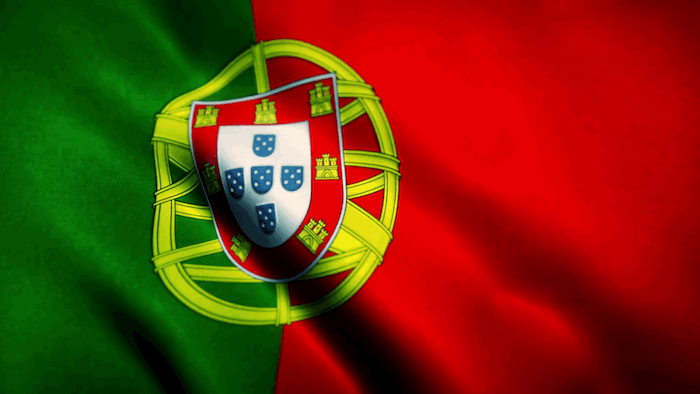Some Portuguese hemp farmers say they’ll give up on the 2019 growing season due to continuing jurisdictional confusion between two government agencies over licensing.
The problem started when Portugal’s Ministry of Agriculture issued a clarification in January 2019 making all hemp related authorizations subject to review by INFARMED, the Portuguese Health Regulator that has authority over pharmaceutical products and controlled substances.
The clarification came in the wake of a new medical cannabis law approved in August 2018 that established rules up and down the sector value chain; regulations for medical cannabis addressed cultivation, production, extraction and commercial manufacturing, as well as wholesale, distribution to pharmacies, import and export, transit and sales.
Regulators reluctant
The new law combined with the clarification, in effect, implied that hemp farmers must undergo a licensing regimen as strict as that under which medical cannabis licenses are obtained in Portugal. But INFARMED seems to be washing its hands of hemp.
“We recently took a group of farmers to meetings with both DGAV (the government Food and Veterinary General Directorate) and INFARMED, trying to find out which one is certifying seeds and giving permission to plant hemp,” said Hugo Monteiro, a hemp producer and founding member of LUSICANNA – a cooperative of Portuguese hemp farmers and processors. Monteiro said INFARMED informed his group that it was not responsible for hemp.
While the new cannabis law enacted last August left a gray zone, a regulation that was promised to be delivered early this year was supposed to address hemp licensing. But the government failed to deliver. Sources told HempToday that the hemp regulation is in fact drafted, awaiting INFARMED’s approval.
“For 3 months they (DGAV and INFARMED) were pushing each against other” over who had responsibility for hemp licensing, Monteiro said. “Nobody wants to take risk of certifying seeds.”
2nd grassroots mission
The visits by LUSICANNA representatives to the two agencies came after more than 40 Portuguese hemp stakeholders in March signed an open letter to the government requesting resumption of hemp licensing, after permitting was halted at the beginning of 2019 over the question of jurisdiction.
In the last two years, Portuguese hemp farmers could get licenses by providing DGAV with their Land Parcel Identification and estimated dates for seeding and harvesting. This year the chaos threatens to upend budding business relationships many companies worked hard to establish, according to Monteiro.
“It’s bad because we started last year to make commercial relationships. We had analysis and samples and everything to underpin the confidence in our products,” he said. “Now we don’t have production for our clients. It makes it look like we’re not a trustful industry. It’s very bad for our image and it means our customers will buy from other countries.”
Rogue planting ‘an option’
Monteiro said some hemp farmers are going ahead and putting crops in this spring. “They’re going around the law. It’s an option, but it will be difficult for them to sell those crops,” Monteiro said.
He said his group may have no choice but to take the government to court. “We have 250 kilos of seed just sitting there,” he said. “We’re starting to calculate the losses.”
At least two major Canadian cannabis concerns are already operating in Portugal. In January this year Canada’s ICC International Cannabis Corp. agreed to acquire 100% of Portugal’s Enigma Unipessoal Lda. And Ontario-based medical cannabis firm Tilray announced in 2017 a planned €20 million farming and processing operation after it claimed to have received approval to import and cultivate cannabis seeds and clones.

